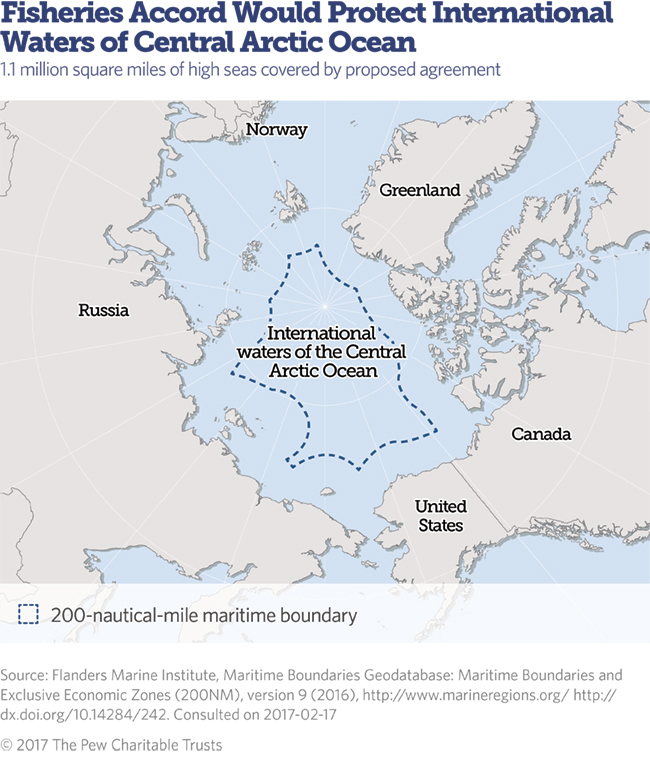The 21st Century is rife with narratives of threats and opportunities arising from dramatic climate shifts. Contemporary transfiguration of the Arctic marinescape attest to this trend: for perhaps the first time in 100,000 years, the northern extremities are traversable by deep sea trawlers. This development stokes the perennial tensions between conservationists and adherents of classical economic thought. Illustrated specifically, frictions have revolved around whether the merits of increased trade prospects (garnered through deep sea fishing in this case) outweigh the toll of resource depletion in untouched enclaves.
Norms of the industrialist era leaned towards a positive response; gains, on a macro and firm level scale, were traditionally given priority over incurred negative externalities. However, over the past decades, this logic has been (rightfully) contested. Environmental concerns are now considered as crucial variables during assessment and implementation stages of specific operations. Literature also suggests shifts in multilateral concord regarding such issues. Nations have increasingly prioritized environmental concerns and sustainability, with many have acceding to pan-national agreements emphasizing upon shared responsibility (ex. The Paris Agreement). Consequentially, the collective decision taken by nations with economic interests in Arctic seas delivers further momentum to such a shift towards international convergence to sustainability.
Delegations representing Canada, China, Denmark, the EU, Iceland, Japan, Korea, Norway, Russia and the United States coalesced in Washington D.C last month to etch a consensus on fishing in the Central Arctic. As per the press release, the agreement – titled “Agreement to Prevent Unregulated High Seas Fisheries in the Central Arctic Ocean” – prevents unregulated fishing within a polar region “spanning roughly the size of the Mediterranean ocean”. In further, the agreement calls upon signatories to establish a “Joint Program of Scientific Research and Monitoring” (JPSRM) tasked with conducting further research on the environmental ecosystem. The agreement therein seals the region from marine extraction, while providing adequate support for research endeavors in a novel scape.

The agreement has been well lauded by activists and field academics alike. Given that the region lies in deep waters, international law permits a “free for all” scenario wherein any agent could have commenced fishing operations without legal ramifications. Thus, for starters, the agreement portrays nations as proactive bodies rather than institutions working retrospectively. As Steve Ganey of PEW states:
“With foresight and caution, these 10 governments seized a historic opportunity to put protections in place before commercial fishing starts. Covering over a million square miles, the Central Arctic Ocean is now the largest marine area to be proactively placed off limits to fishing”
However, the news should be peppered with skepticism. The Agreement delineates a specific period of enforcement 16 years and we have no guarantee that future regimes will comply with enacted clauses. In further, the caveat permitting scientific exploration permits grounds for extraction activities to occur under the veil of science. An examination of history already depicts examples of such issues.
To conclude, one has to appreciate the initiative taken by a diverse cluster of regimes to tackle an environmental issue isolated from their geographical terrain. Needless to say, issues still remain, but the accord is bound to be a cornerstone for future collaborations.
VS